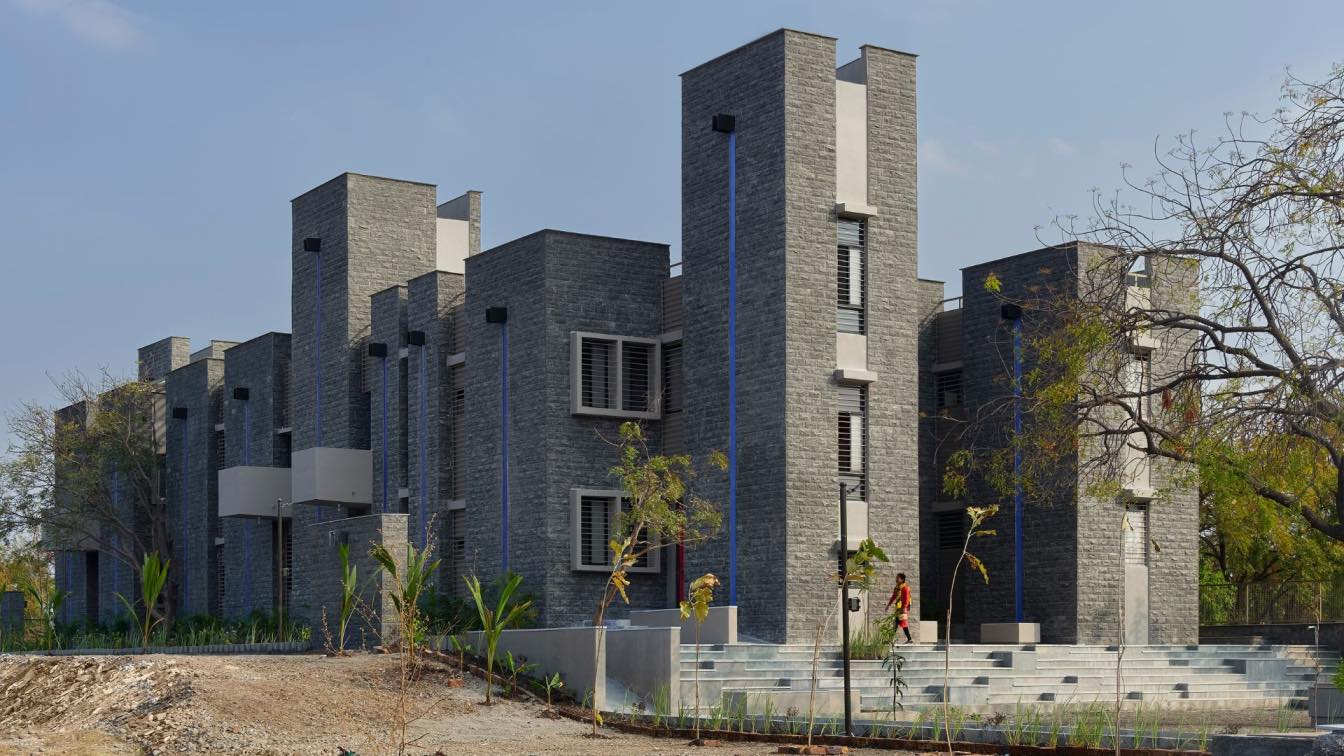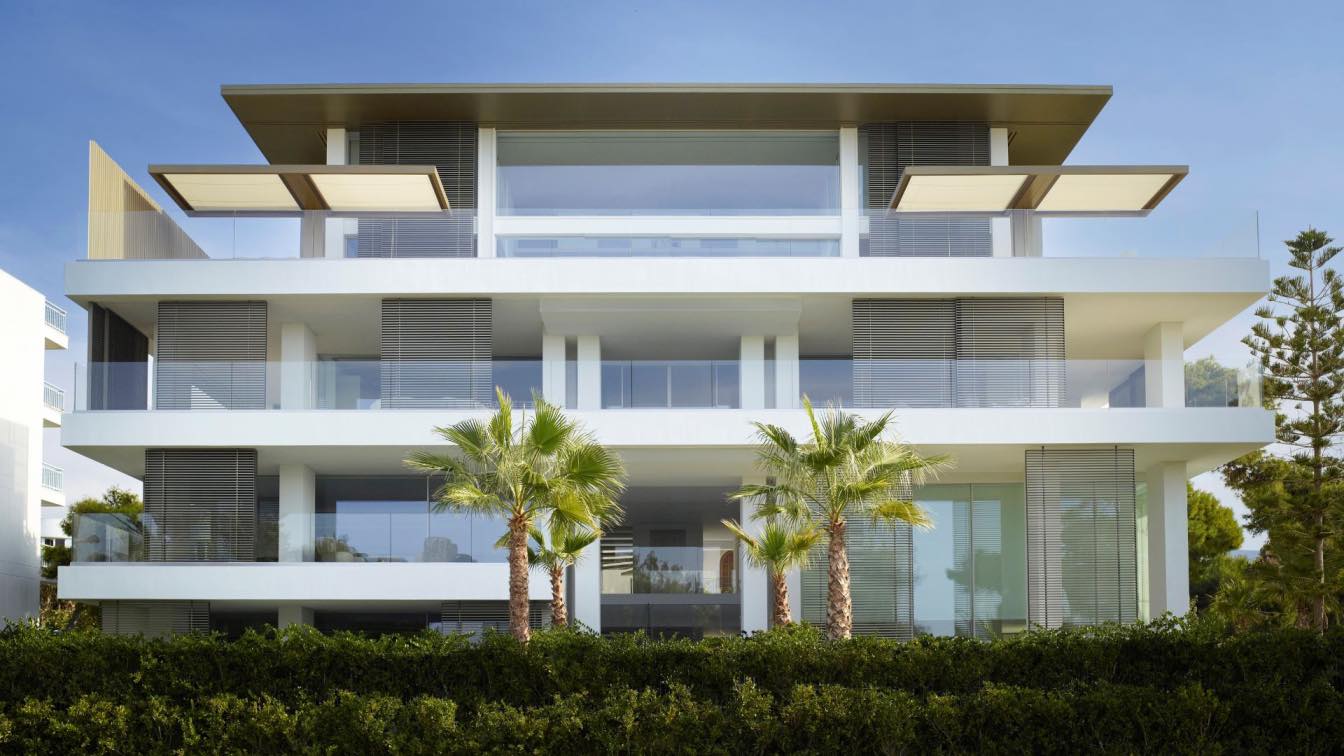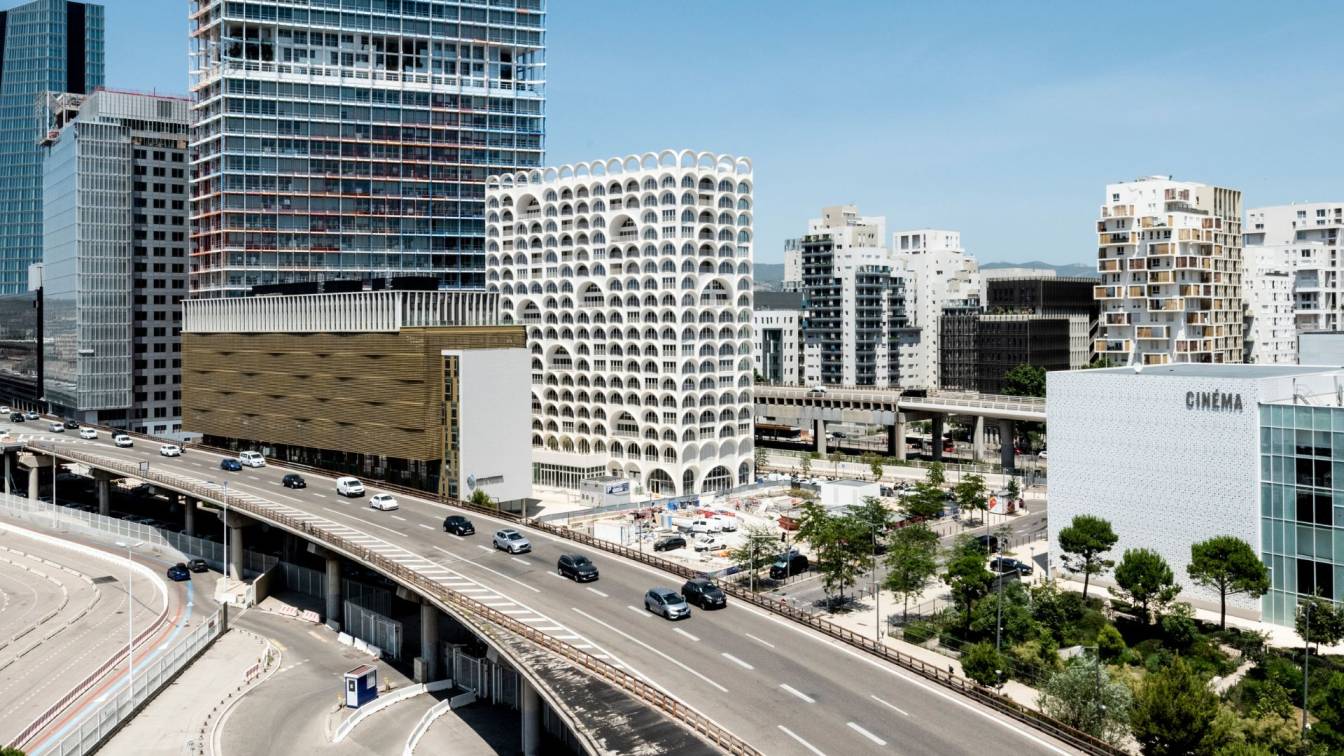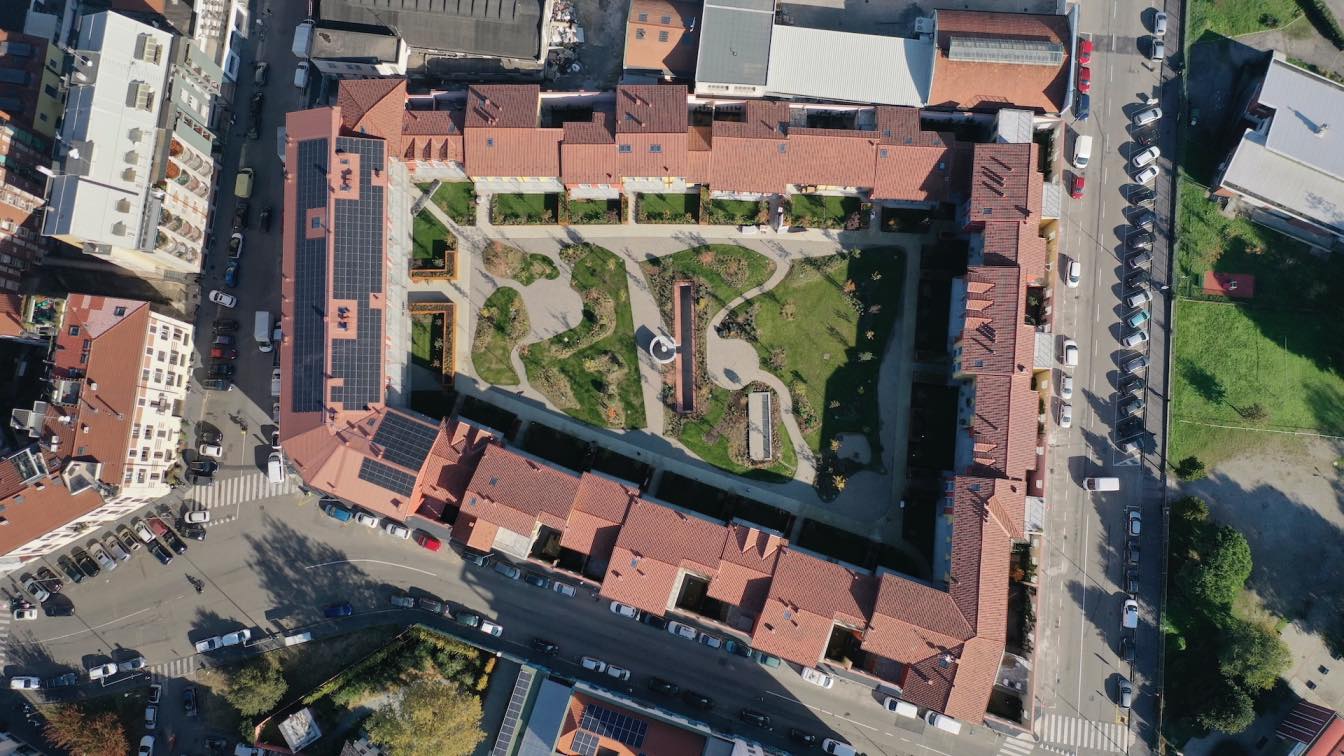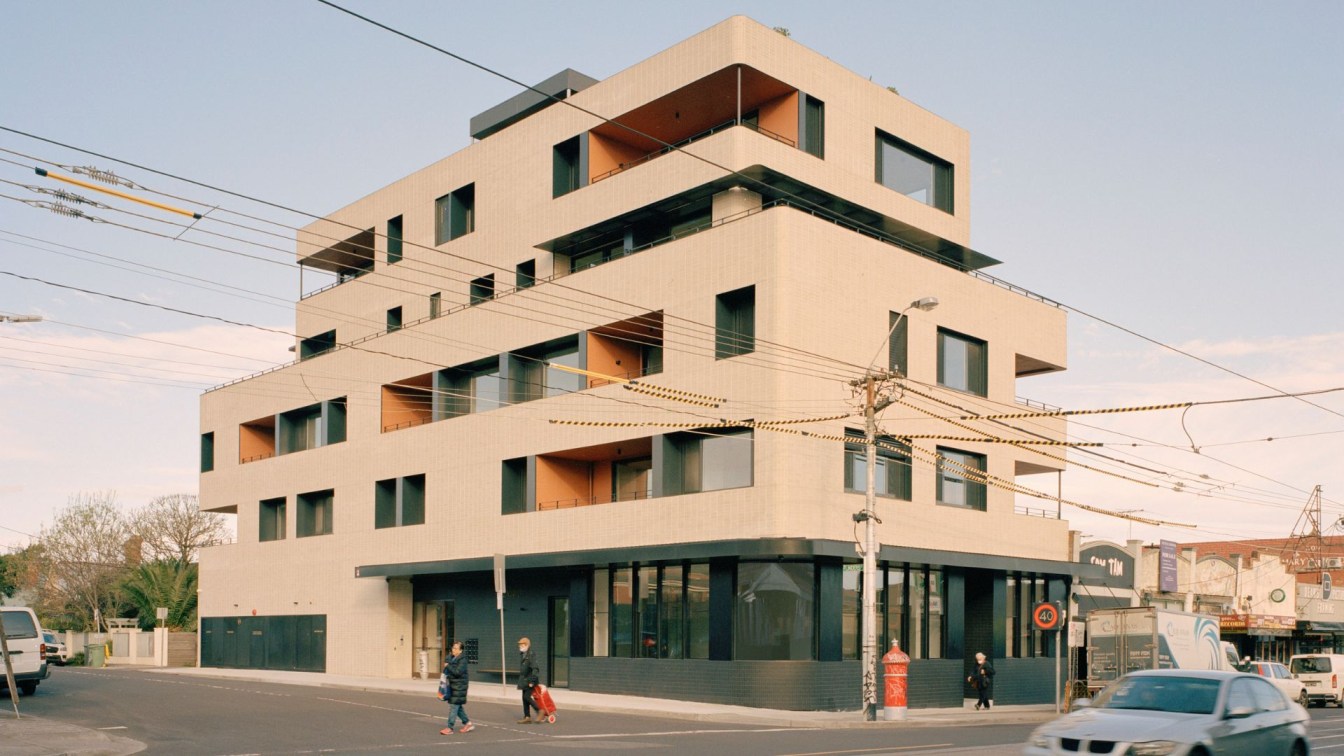Studio PPBA: A report published by NITI Aayog, (Government of India) mentioned that India was undergoing the worst water crisis in its history; that nearly 600 million people were facing high to extreme water stress. It projected the country’s water demand to be twice the available supply by 2030, implying severe scarcity for hundreds of millions of people.
The site for the women empowerment shelter is situated in such water scarcity zone that struggles for every drop of water. Consciously, the entire design approach was all about saving, stocking up and increasing the water table level.
Located in a small village Loni, district Bijapur-Karnataka, the site is surrounded by vacant land on all three sides and main road on the East. The topography had a slope inwards of around 2.0M from the road side. The site is very tight compared to design programme .The building orientation is kept north -south.
Design Program:
India has long been plagued with issues related to gender inequality. Women, especially in rural areas, are often deprived of basic rights and opportunities to thrive. Empowering women in these areas can provide essential benefits to both their families and communities.
An idea shaped to build a place to accommodate destitute and women in need under a shelter which will help them to grow and nurture with pride and respect. Accomplishing this thought in a remote village called Loni, located towards north of Bijapur, which is geographically a dry and arid zone.
The Empowerment shelter is planned environment friendly, multi-use facility that will become a support mechanism for the education of women and the support and advancement of the community in the region. It is envisioned as a part community gathering space, part education centre as well as a shelter for the deprived where women can train and learn new skills, and use services to find employment or start their own businesses.
The design brief demanded to hold 150 destitute women and girls with the allied staff which comprised of 35 more occupants.

Process:
The grid of 200 X 1500 X 200 mm was developed as a space module which can be multiplied and expanded according the space necessity.The internal road is strategically placed on the north side so that it is shaded throughout the day with the structure acting as a screen. The space diagram was framed with public activities on the north, accommodation& the welfare activity included the production unit, learning centres, etc is placed centrally. The service core sits on the south.Wind shafts are strategically located to bring in light and help exhaust hot air, keeping the interiors cooler.
Thenatural sloping topography allowed us to construct an underground water tank instead of filling the entire plinth. The stored rain water will take care of the drinking purpose. Being acknowledged with the water scarcity, the building harvests rainwater from the roof’s spine through water channels designed on the facade that leads water into underground water tank through the de-silting chambers.
The black water goes into the biogas plant which then connects to the underground tanks of 20,000 litres. This water is used for plantation and community farming purpose.
Water from kitchen and utility areas make its way into the Grease and Oil trap tank and further filters through the root zone beds and rests in the recharge pits & bore wells to reuse.

To encourage the notion of recycle and reuse the available resources, various self sustainable techniques such as Bio gas plant for generating the gas for cooking is constructed.Compost pits for organic manure are implemented on site which is used for the community farm land created. These chores are remarkably taken care by the women staying there.
Respecting the natural topography and context, the overall site development is carefully addressed in terms of levels. An open stepped seating is developed in the existing contour as a cultural and social gathering space.The landscape is kept subtle and true to its native. Mostly the site is planted with local trees such as Neem, Mango, Tamarind and other flowering trees which are self sustaining in the dry climate.
We have adopted participation method of construction that would promote sustainable development and produce social, economic, and cultural infrastructures. The walls are composite masonry made with the local basalt stone which helps in heat reduction and maintain a comfortable environment inside.The construction techniques and materials are local and based on traditional techniques to minimize the need for external construction expertise and excessive transportation costs.The program defined was based on the activity and to create a pleasing environment so that the women from different origins can cope up with the trauma in the past and start a new journey.
The entire building and the campus is designed to celebrate water and its conscious usage through recycling to the fullest. It is a foundational step to ensure a self sustaining approach that cares the need of the day.





















